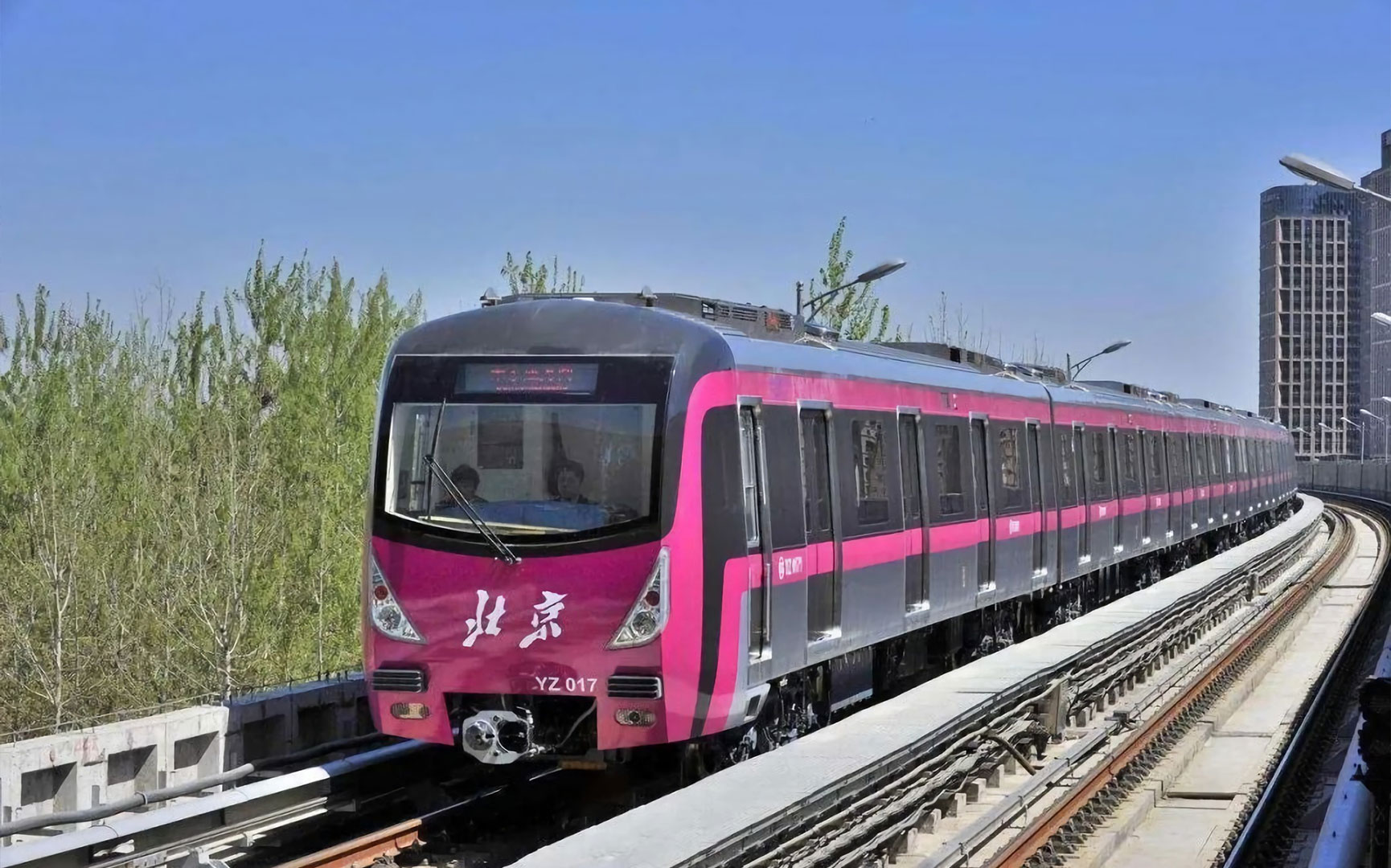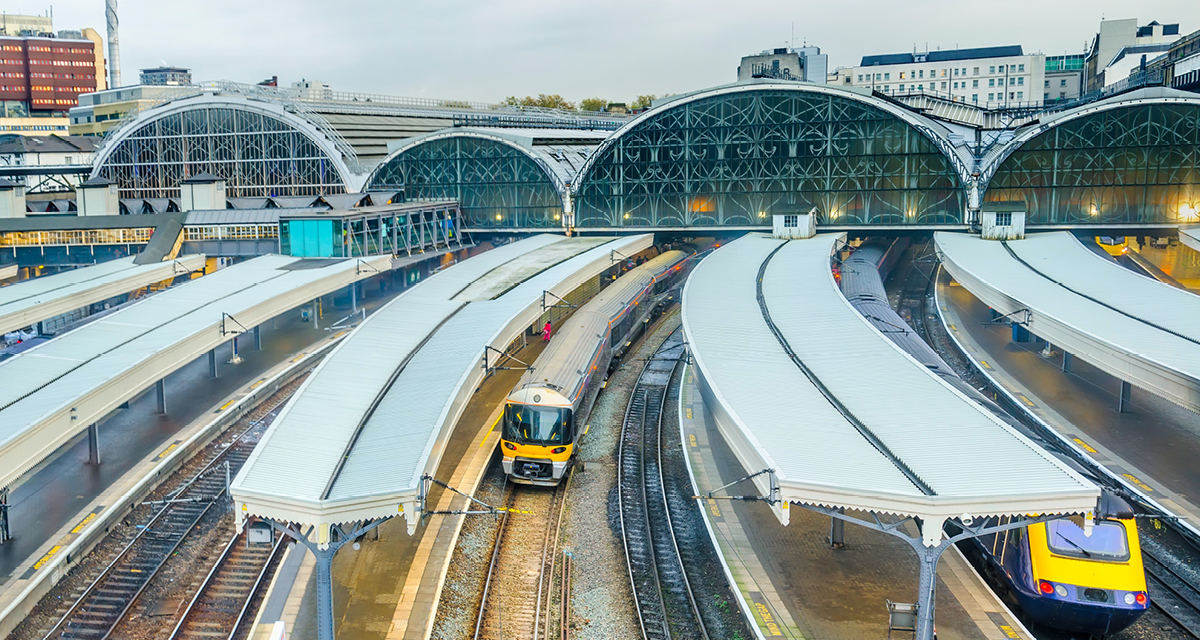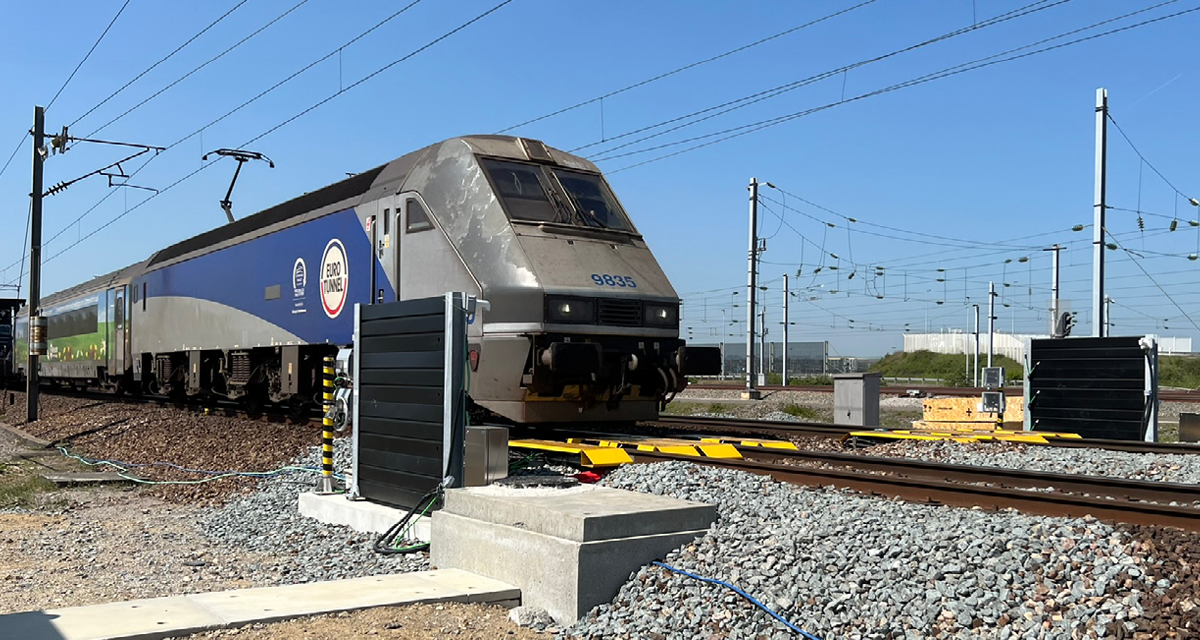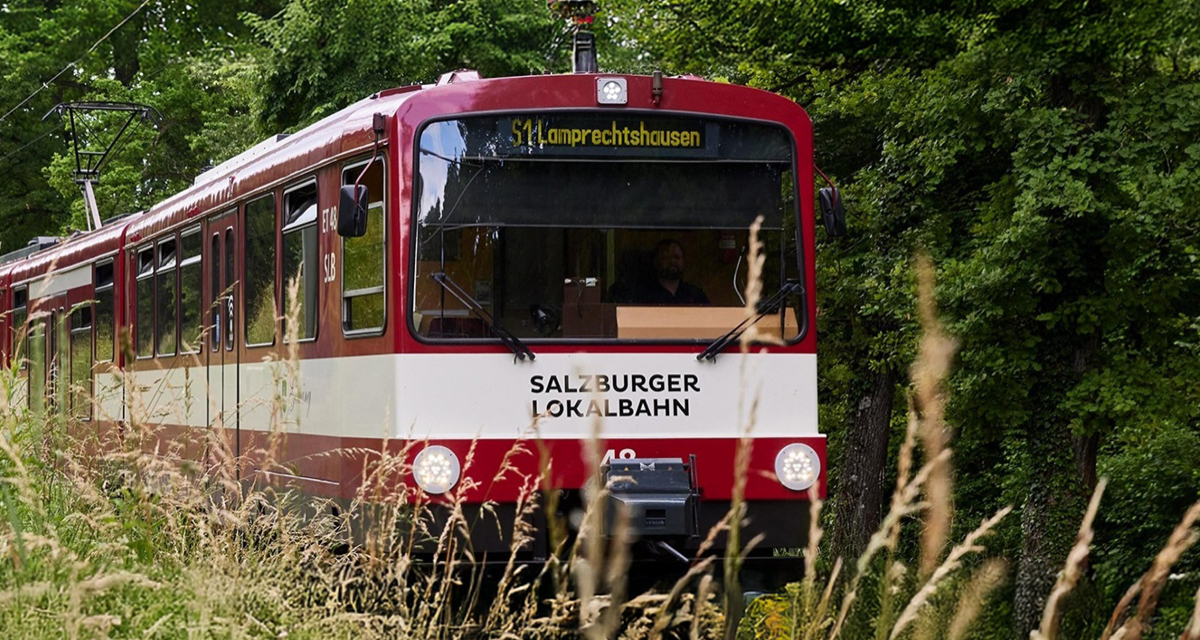Notification Center

Train DetectionChina
CBTC Fallback System on Beijing Metro Lines
Beijing metro, one of the busiest lines in the world, was Frauscher’s very first assignment when entering the Chinese market. Due to its utilised capacity, it requires a great level of stability, reliability and performance of the entire signalling system. The Communication Based Train Control System (CBTC) applied here relies on a backup system consisting of fixed automatic train detection systems. Axle counting systems from Frauscher are perfectly suited for the accurate operation of such stand-by systems.
Frauscher axle counters have been separately integrated into the interlocking systems of the 9 lines in Beijing- Yizhuang Line, Changping Line, Beijing Line 8, etc. covering in total 226.35 km with an average daily passenger flow of 266,000. Furthermore, the axle counters had to be SIL4 certified. The ACS2000 with IMC and RSR180 was the preferred system by the three signalling operators and a total of 763 wheel sensors across 645 track sections were installed. A wide range of rail claws satisfied the multiple rail track requirements on the network, such as slab and ballasted track. Easy and fast mounting of rail claws allowed a timely and cost-efficient installation.
After over 10 years of operation, the ACS2000 has proven its outstanding stability and reliability. Furthermore, the ACS2000 has not only fulfilled all the operating requirements but has also always guaranteed a smooth operation of the metro lines.
Excellent match of requirements
The ACS2000 has fully met all the strict challenges outlined in this project as well as the operating requirements set by both the integrators and the operators.
Significant reduction of time
Easy and fast mounting of rail claws allowed the installers to greatly shorten the timescale of the entire project.
Highest flexibility
The modular design of the ACS2000 offers clients the highest flexibility in daily operation, including a simple, fast and efficient reset process which significantly reduces the Mean Time to Repair (MTTR).
This might also interest you

Train Detection, ServicesUnited Kingdom of Great Britain and Northern Ireland
Cutting delays through data-driven maintenance

Train DetectionIndia
Ensuring reliable rail operations across India´s longest rail-road bridge

Train DetectionFrance
Axle counting adds fail-safe control to laser diagnostics

Data TransmissionIndia
South Central Railway
